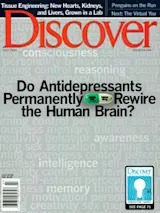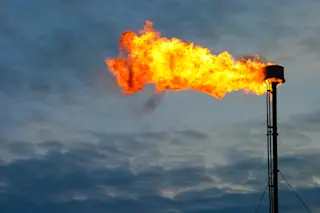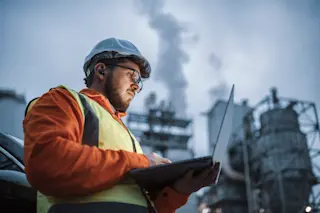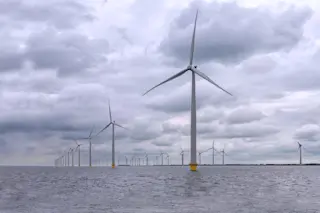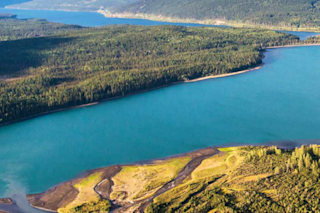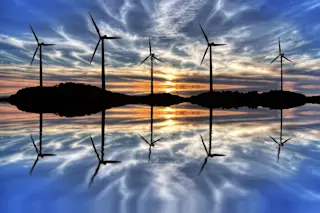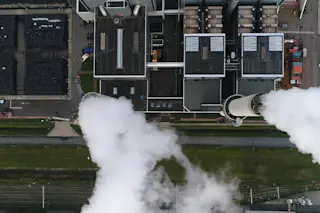Christopher Flavin, president of the Worldwatch Institute in Washington, D.C., challenges the prevailing government view that environmental protection is the enemy of economic growth— a view likely to be aired again at this month's meeting in Bonn of the Kyoto Protocol on global climate change. As an expert on alternative energy sources, Flavin is optimistic that a switch away from fossil fuels to cleaner technologies will mean not privation but great opportunity. Discover associate editor Josie Glausiusz interviewed Flavin about the interconnections between energy, environment, and politics.
How do you regard President Bush's decision to withdraw the U.S. from the Kyoto Protocol? This is one of the most anti-environmental actions that we've ever seen a U.S. President take. It is a huge step back for an international process that's been underway for about ten years. Ironically, though, I think this decision could actually speed up the implementation of the Kyoto ...


